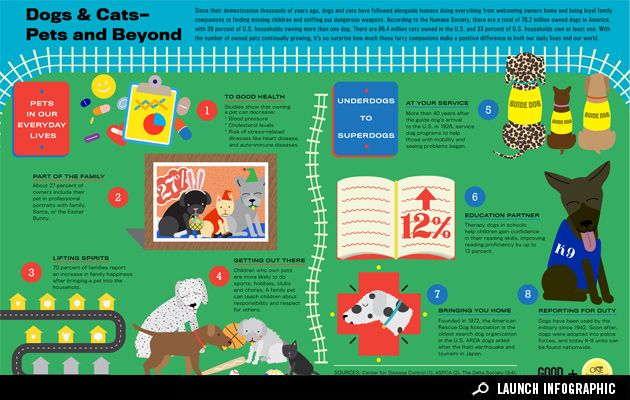What Happens If Dog Fights At Daycare
What Happens If Dog Fights At Daycare
Blog Article
Can Pet Daycare Reason Health Problem?
Canines in daycare receive great deals of workout, socialization with other pets and special experiences. This can be especially useful for puppies and pets with behavior issues.
There are a number of lawful factors to consider you require to consider when starting a dog childcare organization. These consist of the structure of your company and compliance with government guidelines.
1. Pooch Distemper
Canine distemper is spread out via direct contact with the bodily fluids and waste of an infected canine, however it can likewise be sent using common water and food bowls or through airborne droplets. This highly contagious disease is most harmful for young puppies, however it can affect pet dogs of any kind of age and is deadly for the majority of if left untreated.
Initial symptoms of canine distemper typically imitate a cold, including drippy eyes and nose with watery or pus-like discharge. As the illness advances, a pet dog will certainly establish fever, coughing, reduced appetite, vomiting and looseness of the bowels. The infection can additionally strike the nerves, causing seizures, shivering and partial or full paralysis.
Reputable daycares reduce exposure to infection by calling for inoculations, regular health examinations and adhere to rigorous health procedures. If your pup seems overly tired or limping, a day off might aid him recoup, however you must prevent taking him back to day care until these symptoms clear up.
2. Kennel Coughing
Kennel coughing, likewise referred to as infectious canine tracheobronchitis or Bordetella, is a highly contagious viral or microbial condition that influences the breathing tract. It's typically transferred through the exchange of saliva or air beads that an ill pet dog exhales. Social dogs go to greater danger for infection due to their frequent communication with each other, such as when they play, share food or water, smell one another or merely satisfy in a crowded environment like a pet park or childcare.
One of the most typical symptom of kennel coughing is a relentless and powerful cough that seems like something embeded the throat or retching. Typically, canines will divulge foamy white phlegm. If left neglected, a dog can create pneumonia and go to severe risk for life.
A reputable childcare center ought to have rigorous cleansing and cleanliness methods, sterilize all toys, food and water bowls consistently, and be open regarding their vaccination plans. Keeping your pet as much as date on their inoculations, particularly for bordetella and canine influenza, will substantially decrease their chances of getting the disease.
3. Parvovirus
Canine parvovirus, or parvo, is a highly infectious viral illness that can be deadly for young puppies and young adult pets with bad immune systems. It's most frequently spread by straight contact with polluted dog feces-- which can occur when dogs smell, lick, or taste contaminated feces-- and indirectly from polluted individuals, items, or settings (like kennels, brushing rooms and grass). Puppies and pets without total inoculation histories are especially prone to parvo.
The virus is very resilient, enduring in the environment for approximately nine years, and can conveniently be transferred in between canines by call with feces or on footwear, clothes, and bed linens contaminated with parvovirus. Otherwise treated quickly with IV fluids, electrolyte equilibrium, vomiting control medicines and antibiotics to avoid secondary bacterial infections, a pet will quickly dry out and develop extreme diarrhea, dog boarding kennel which causes shock and sepsis. Parvo is tough to heal when a pet has come to be ill, but with proper vet care, lots of pups do survive this ailment.
4. Canine Flu
Pooch influenza infection is very infectious and spreads via direct get in touch with, sharing food and water bowls, licking or nuzzling various other dogs, with air-borne droplets, and with infected surfaces. Vaccination works in reducing the danger of infection and episodes.
Most impacted pet dogs create a mild breathing infection with a coughing that lasts 1-3 weeks. They may likewise have nasal and eye discharge, sneezing, and lethargy. A few of one of the most serious situations cause pneumonia and a high fever.
If your dog displays any one of these signs and symptoms, do not bring them back to daycare up until they are healthy and balanced. If your pet is showing indications of severe fatigue or limping, speak to your veterinarian immediately and make certain they get on healthiness supplements to help develop their resistance. A vet will examine your pet for signs of the influenza by taking a sample from the nose or throat, and blood examinations can be done to confirm.